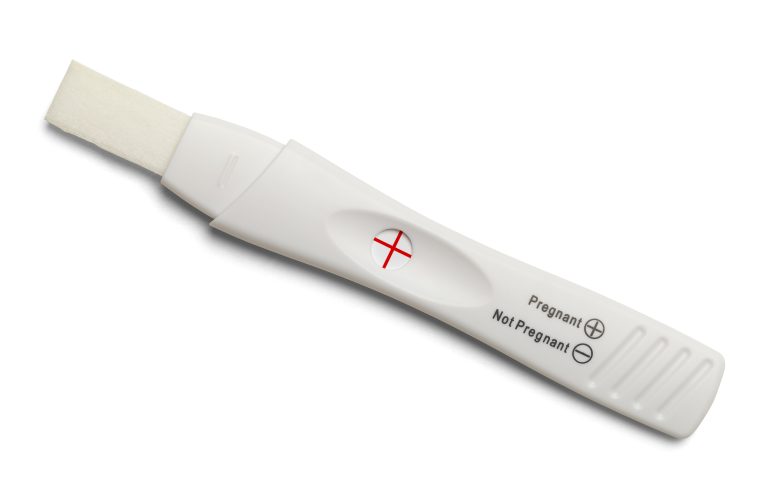Understanding Infertility Causes: An In-Depth Explanation
Infertility is a complex medical condition that affects millions of individuals and couples worldwide. The inability to conceive and carry a pregnancy to term can be emotionally and physically distressing. While infertility can have various underlying causes, understanding the factors that contribute to this condition is crucial in seeking appropriate treatments and support. In this blog post, we will explore the primary causes of infertility, shedding light on both male and female factors involved.
Female Factors
- Ovulation Disorders: Irregular or absent ovulation is a leading cause of female infertility. Conditions such as polycystic ovary syndrome (PCOS), hormonal imbalances, thyroid disorders, and premature ovarian failure can disrupt regular ovulation.
- Fallopian Tube Abnormalities: Blocked or damaged fallopian tubes can prevent the sperm from reaching the egg or hinder the fertilized egg’s journey to the uterus. Pelvic inflammatory disease, endometriosis, and previous pelvic surgeries can contribute to tubal abnormalities.
- Uterine Abnormalities: Structural abnormalities within the uterus, such as uterine fibroids, polyps, or intrauterine adhesions (Asherman’s syndrome), can interfere with implantation and successful pregnancy.
- Age-related Factors: A woman’s age plays a significant role in fertility. As women age, the quantity and quality of eggs decline, resulting in decreased fertility and an increased risk of chromosomal abnormalities.
Male Factors (150 words):
- Abnormal Sperm Production or Function: Problems with sperm production, including low sperm count (oligospermia) or poor sperm motility (asthenospermia), can hinder the ability to conceive. Structural abnormalities of the sperm, such as misshapen heads or tails, can also impact fertility.
- Blockages or Obstructions: Conditions like epididymal blockages, congenital absence of the vas deferens, or previous surgeries can cause obstructions that prevent the sperm from reaching the semen.
- Varicocele: Varicoceles are enlarged veins within the scrotum that can increase testicular temperature and impair sperm production.
- Hormonal Imbalances: Imbalances in hormone levels, including testosterone, follicle-stimulating hormone (FSH), and luteinizing hormone (LH), can affect sperm production and function.
Shared Factors: Certain factors can affect both male and female fertility:
- Lifestyle Factors: Smoking, excessive alcohol consumption, drug use, obesity, poor nutrition, and high levels of stress can negatively impact fertility in both men and women.
- Medical Conditions: Chronic illnesses such as diabetes, autoimmune disorders, cancer, and sexually transmitted infections (STIs) can contribute to infertility.
- Genetic Factors: In some cases, infertility can be linked to genetic abnormalities that affect reproductive function.
Improving Fertility in Men and Women
In addition to understanding the causes of infertility, there are several strategies individuals and couples can adopt to enhance their fertility. Here are some practical steps that may help improve fertility in both men and women:
- Maintain a Healthy Lifestyle: Adopting a healthy lifestyle is crucial for optimizing fertility. This includes eating a balanced diet rich in fruits, vegetables, whole grains, and lean proteins. Regular exercise can also promote overall reproductive health.
- Manage Stress Levels: High levels of stress can negatively impact fertility. Engaging in stress-reducing activities such as yoga, meditation, or pursuing hobbies can help manage stress and improve fertility outcomes.
- Avoid Harmful Substances: It is advisable for both men and women to avoid smoking, excessive alcohol consumption, and recreational drug use, as these substances can impair fertility.
- Maintain a Healthy Weight: Being underweight or overweight can affect hormonal balance and disrupt menstrual cycles in women, while in men, it can contribute to abnormal sperm production. Maintaining a healthy weight through regular exercise and a balanced diet is beneficial for fertility.
- Understand and Track Fertility Cycles: For couples trying to conceive, understanding the menstrual cycle and identifying the fertile window can significantly improve the chances of pregnancy. Tracking basal body temperature, cervical mucus changes, or using ovulation prediction kits can help determine the most fertile days.
- Seek Medical Evaluation: If concerns about fertility arise, both partners should consider seeking a comprehensive evaluation from a fertility specialist. Medical professionals can assess potential underlying issues, provide personalized recommendations, and offer appropriate treatments or interventions.
- Consider Assisted Reproductive Technologies: In cases where natural conception is not feasible, assisted reproductive technologies such as in vitro fertilization (IVF), intrauterine insemination (IUI), or fertility medications may be options to explore. These techniques can significantly improve the chances of achieving pregnancy.
Remember, fertility is a complex matter, and the guidance of healthcare professionals specializing in reproductive medicine is crucial. By adopting healthy lifestyle practices, managing stress levels, and seeking appropriate medical support, individuals and couples can take proactive steps toward enhancing fertility and increasing their chances of starting or expanding their families.
In conclusion, infertility is a multifaceted issue influenced by a range of factors in both men and women. Understanding these causes is the first step toward seeking appropriate medical intervention and support. It is important to consult with a healthcare professional specializing in reproductive medicine to undergo comprehensive evaluations and explore suitable treatments. Advances in assisted reproductive technologies provide hope to many couples struggling with infertility, offering alternative pathways to parenthood. Remember, infertility is a common challenge, and seeking support from healthcare professionals and support groups can provide emotional and informational guidance throughout the journey.
Please make sure to check out our previous blog post regarding the IMSI method.
Also visit crown IVF’s website for more information about the treatments offered in Cyprus. This way you can have a clear idea about how the fertility clinics work in Cyprus, and you can also get more information about things like accommodation, things to do in Cyprus during your fertility journey, and get an introduction to our top doctors, such as Dr. Halil Ibrahim Tekin.



